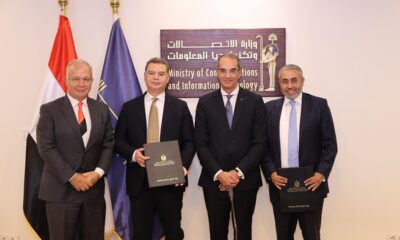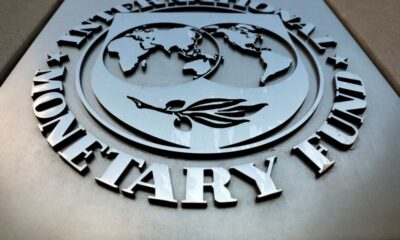A recent survey by S&P Global on Egypt’s economy has revealed the country’s non-oil private sector activity shrank for the 28th straight month in March.
The survey shows that currency restrictions and rising inflation also affected businesses.
In January, the non-oil economy suffered a sharp contraction in operating conditions, as a depreciation of the pound drove a rapid acceleration in price pressures.
The S&P Global Egypt Purchasing Managers’ Index (PMI) edged down to 46.7 in March from 46.9 in February, well below the 50.0 threshold that marks growth in activity.
According to S&P Global economist David Owen, “at 46.7, the headline PMI signaled a further solid deterioration in the performance of non-oil companies, driven by steep falls in activity and new business volumes”.
“Steep inflationary pressures and a drop in client demand continued to negatively impact non-oil businesses, chiefly through a sharp reduction in new orders.
“Output levels fell at a marked rate across the non-oil private sector during March, in part due to ongoing difficulties with accessing key inputs due to import controls and currency restrictions.
“Despite picking up to a three-month high, the year-ahead outlook for activity was still among the weakest recorded since the series began in early-2012,” S&P wrote.
Despite the Egyptian pound depreciating by half since March 2022 and a $3 billion IMF assistance package signed in December, Egypt remains short of foreign currency.
According to the state statistics organization, headline inflation soared to 31.9% in February from 25.8% in January, while core inflation went up to 40.26%.
Egyptian economist, Sherif Kamel had predicted that Egypt’s economy in 2023 would be challenging, given the expected repercussions of the global recession, rising inflation, and currency uncertainty.


 Metro1 day ago
Metro1 day ago
 Musings From Abroad1 day ago
Musings From Abroad1 day ago
 Metro1 day ago
Metro1 day ago
 Sports1 day ago
Sports1 day ago



























